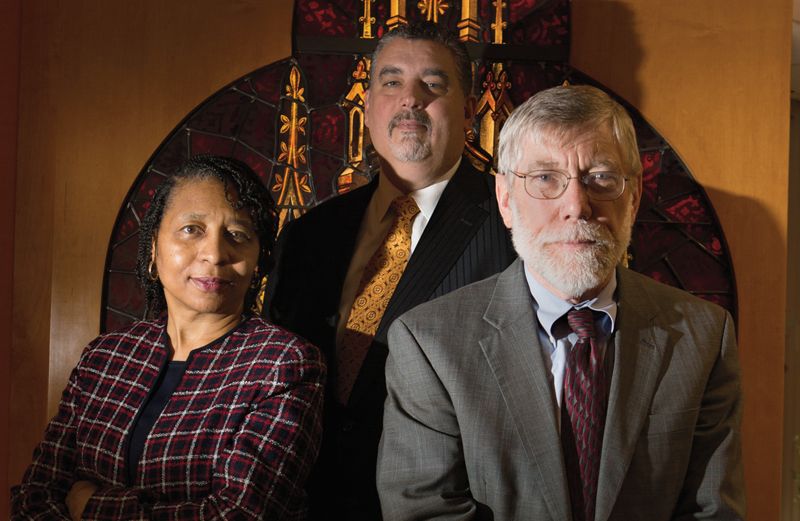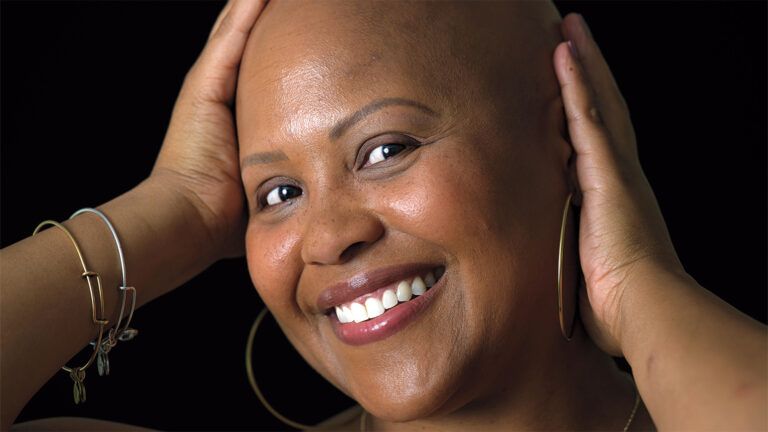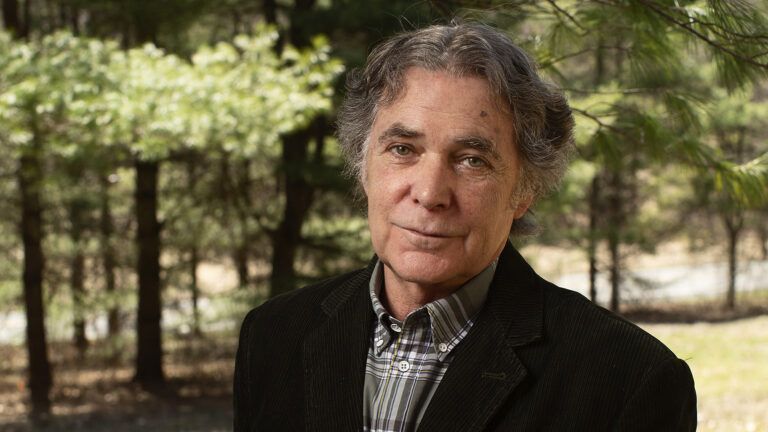Have you ever found yourself praying in a hospital room, for yourself or a loved one? I have, and according to new research, we’re doing the right thing. Studies have shown that patients with faith cope better with illness and often heal faster or are more accepting of the outcome than those without.
Maybe that’s why nearly 70% of hospitals today invest in spiritual health-care specialists known as chaplains.
That high percentage surprised me. Surgeons, radiologists, oncologists: These are people trained in the scientific method, taught that every ailment has a physical cause that yet even they seem to agree that faith can make a difference in a patient's recovery.
How can faith–something unseen, something immeasurable–have a measurable effect? To answer this question, I sat down to interview the men and women involved with HealthCare Chaplaincy, or HCC, a New York City-based research and ministry organization.
“Health care is holistic,” began the Rev. Eric J. Hall, a minister of 23 years and the president of HCC. “That means that we have to take care of the body, mind and spirit.”
This is Chaplaincy 101: It’s not just about a patient’s relationship with God. It’s about how the patient’s faith interacts with his or her body and mind. A patient’s illness or trauma may affect her faith in God. A chaplain’s job is to help a patient’s faith contribute positively to her prognosis.
“If we can reduce our patients’ spiritual distress,” said the Rev.George Handzo, director of health services at HCC, “we can help them to better use their spiritual or religious resources, and that’s going to affect everything else.”
It can even pave the way for miracles.
The Rev. Sue Wintz, director of education at HCC and a chaplain for 35 years, offered one example. A young gang member in Phoenix, 19 years old, had suffered a gunshot wound to his spinal cord, confining him to a wheelchair for life. His lack of faith had led him into a downward spiral that threatened his recovery.
“His mother and girlfriend couldn’t seem to reach him,” Sue said. “He said he would rather die than face life as a quadriplegic.”
Sue tried to help the young man articulate his despair. They prayed, and she encouraged him to confront difficult spiritual questions: What did this injury mean for his future? What did God have in store for him?
The young man’s talks with Sue produced an infusion of hope. Soon he was strong enough mentally, physically and, most important, spiritually to take control of his own recovery. He adapted to life in a wheelchair, got out of the hospital, went back to school and stayed away from gang life.
“That, to me, was a miracle,” Sue said. “He didn’t get a physical healing, but he got a spiritual ones."
Chaplains use a nonjudgmental, nondenominational approach to spiritual health care. The Rev. Florine Thompson, director of pastoral care at St. Luke’s-Roosevelt Hospital Center in New York, told me about a woman in her thirties who was diagnosed with end-stage renal disease.
“She was told she had three to six months to live,” Florine said. The woman was a mother of two children, aged 9 and 11. She was devastated.
“She couldn’t understand why God had allowed this to happen to her,” Florine said. “She was a good mom, she took care of herself and she didn’t drink or smoke. The illness didn’t make sense to her. She couldn’t accept it.
"A kidney transplant was her only chance, yet she couldn’t bring herself to put her name on the list. She had been raised with religious beliefs against organ transplants, and that still weighed on her.”
The patient’s mother called on Florine for help. Her approach? Draw on the woman’s inner resources to give her a new perspective.
“I asked what was most dear to her in this world, and she said her two children. So I said, ‘If you could talk to your kids right now, and they could make a decision for you, what would they want?’ She began to cry. They would want her to live.
"She sensed that God had something very special for her to do and that she hadn’t accomplished it yet. She wanted to be around to raise her two children.”
The woman agreed to meet with the organ-donation team and put her name on the list. Several weeks later, Florine ran into the patient’s mother in the hospital. She said her daughter had received a new kidney and was expected to make a full recovery.
Stories like these are why people in the medical profession don’t dismiss the immeasurable aspects of faith, and perhaps why they are often unsurprised to see miraculous healings. A patient open to belief is a patient open to hope, open to the improbable.
When faith works hand in hand with a doctor’s care, it is far more likely a patient will follow instructions, strive for recovery milestones and accept the setbacks that might make others give up.
Florine says all patients have “a sacred story”–something so fundamental to their soul that they won’t share it with just anyone. Chaplains encounter these sacred stories every day.
Part of their job is to help patients and their loved ones figure out how their sacred story can make sense of an illness, no matter what the outcome, and how the soul transcends the body, how healing comes in many forms.
This year, HCC launched a new website, chaplainsonhand.org, which connects patients and their families with board-certified chaplains. Users can e-mail, chat live, or even Skype (video chat) with a chaplain. Chaplains On Hand is completely free and is the first service of its kind.
“I think the program is a gift,” Florine says. “When our spirit is weary, or our souls are worn, whom do we go to?”
Download your FREE ebook, Mysterious Ways: 9 Inspiring Stories that Show Evidence of God's Love and God's Grace






